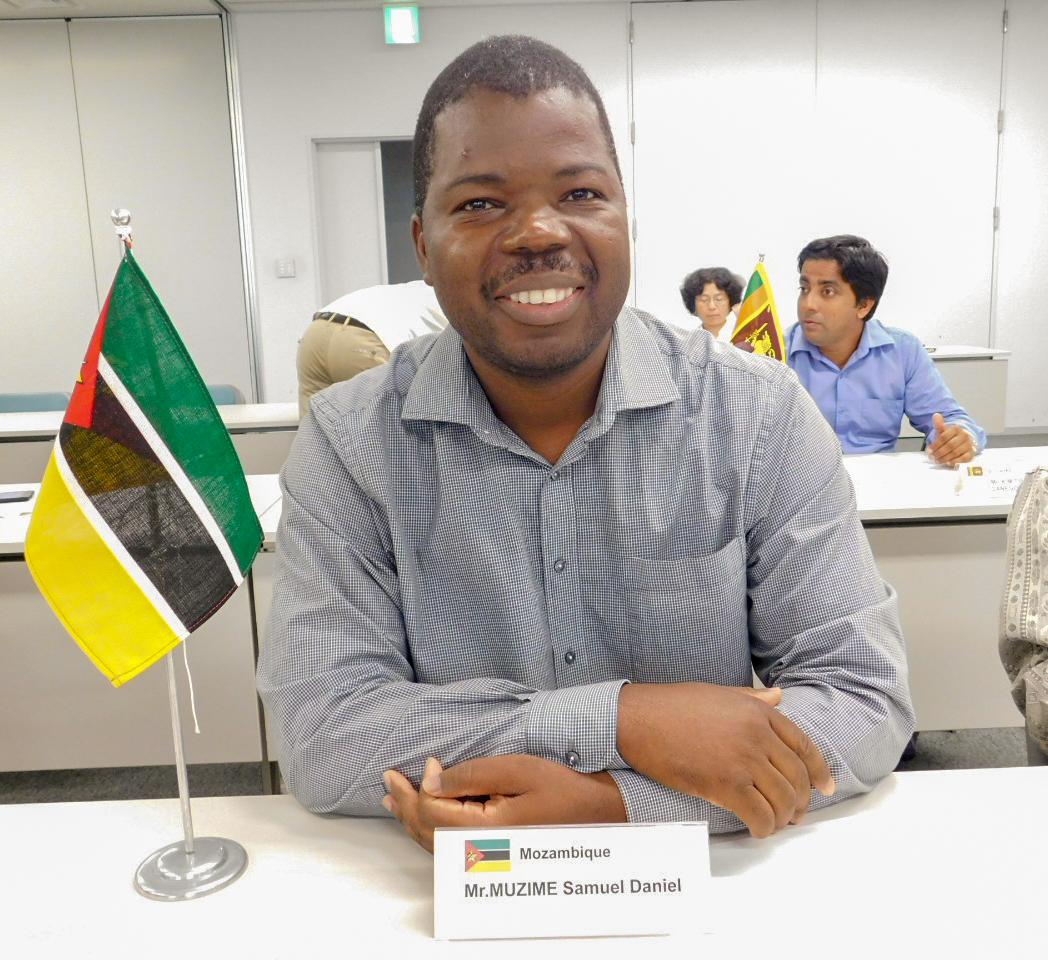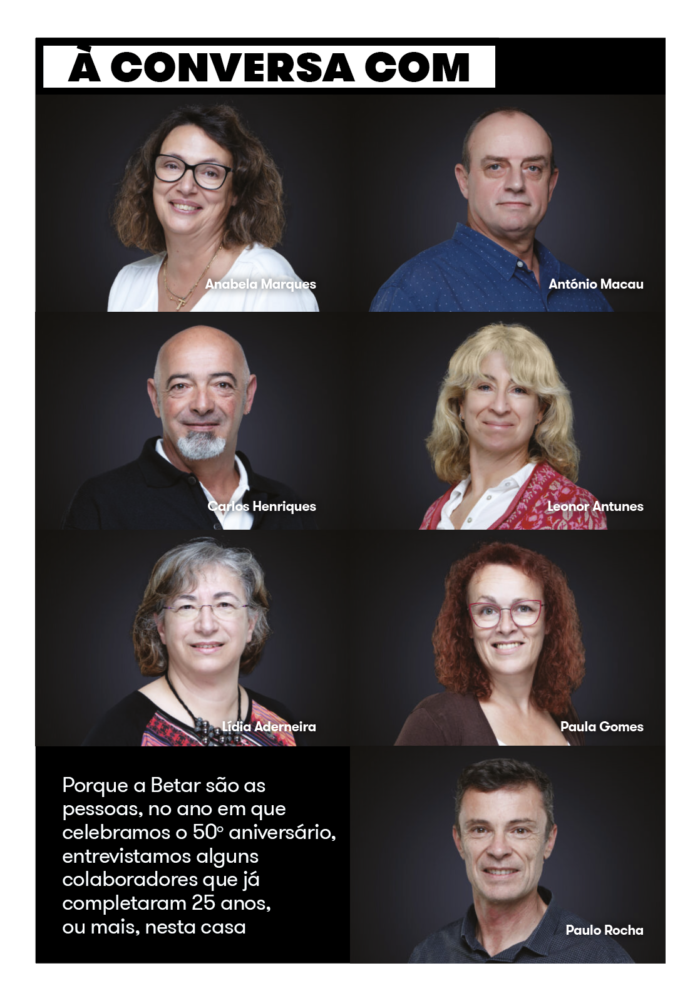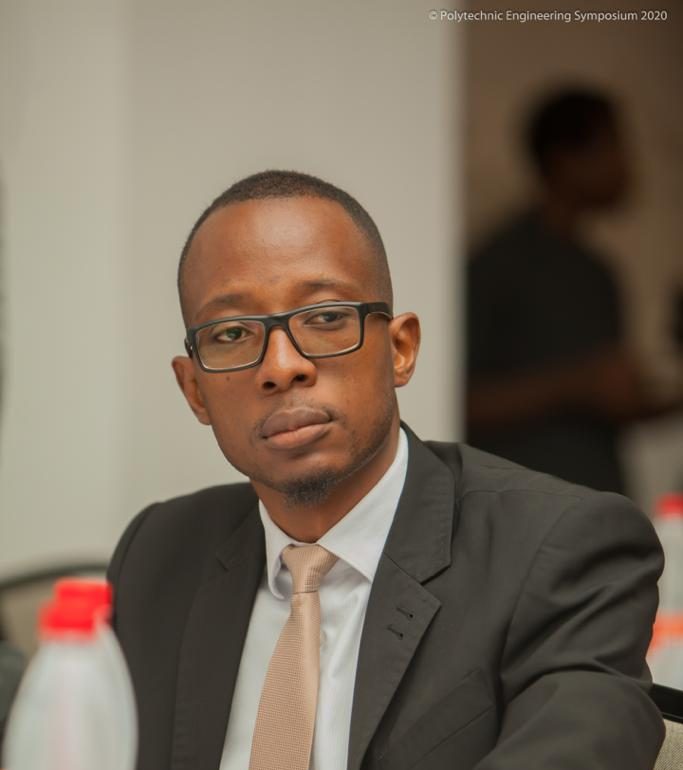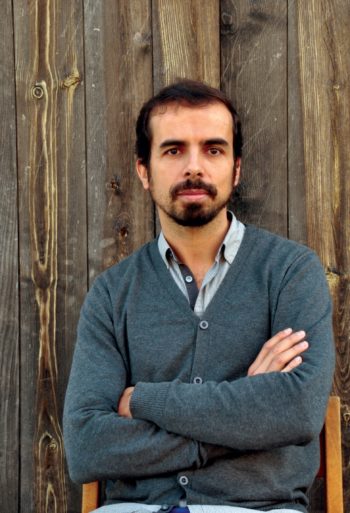A conversation with Eng. Samuel Muzime

A conversation with Eng. Samuel Muzime
'The main challenges of CFM are: to be a regional reference in cargo transport at a competitive price and with safety, having infrastructures with continuous modernization and well-trained and motivated personnel'
Can you tell us how your professional career started?
At the end of primary school, my teachers noticed a certain natural ability to draw. Without consulting me, they proposed my application to the Maputo visual arts school. When they informed me, I was upset, however, I took the tests to check for visual arts skills. As a solution to continue studying in a situation where I agreed, the school sent my application to some general education schools. There were only vacancies at the 1º de Maio industrial school in Maputo, and there were only a few left in the foreman course. This is how, in a devious way, my story in civil engineering began. After graduating, I took additional courses, including a Postgraduate Diploma in Railway Engineering and a specialization in Port Engineering.
You currently hold the position of Project Director for CFM – Portos e Caminhos de Ferro de Moçambique (Mozambican Ports and Railways).
I started as an intern in 1995 and later continued my studies as a worker. I started in the Engineering Department Management and as a result of my work I was transferred to the South zone, after about 3 years. In the south I worked for just over 10 years in the track and works division, mainly with buildings, railway drainage and water supply systems along the railway network. I returned to the Engineering Department Management, where I have been ever since. I have about 27 years of work within CFM. Most of my time was dedicated to the elaboration of projects, with emphasis on structural calculation, hydraulic calculations, and infrastructure maintenance. In 2011, I started coordinating the areas of Ports, Bridges and Special Structures, which were being created. It was this division that coordinated the work to rescue the bridges in the South Zone, major interventions in the ports of Pemba and Beira, and support in the Nacala port, among others. In 2017 I assumed the position of Engineering Director. I needed to evolve to deal with a larger group of colleagues. I had to keep the unity spirit in the team. I needed to know more about other areas such as locomotives, wagons and other railway equipment. I have to be always informed and prepared to deal with projects from all branches of engineering at CFM and across the country.
Do you want to talk a little about the projects that are currently underway and how the intervention of CFM is important in the lives of the Mozambican people?
There are several undergoing projects, in all areas at CFM. I will group and cite the most important ones. In the Port Area: Rehabilitation, expansion and modernization of the Nacala’s port, the main point of supply and flow of production in the northern part of the country; Improvement of the port of Pemba, which is the logistical support point for the gas projects; Rehabilitation of some piers in the port of Beira, including the expansion of the fuel terminal. In the Railway Area: Rehabilitation of the Machipanda Railway to improve the connection with Zimbabwe and strengthen transport between Manica and Sofala; Rehabilitation of the Mutarara-Vila Nova da Fronteira branch to reactivate the connection with Malawi; Duplication of the Ressano Garcia Railway to reduce transit time between South Africa and Maputo; Purchase of heavy maintenance equipment and locomotives, wagons and carriages; Creation of a network for railway communication.
What do you think are the main challenges and obstacles?
The main challenges are: being a regional reference in cargo transport at a competitive price and with safety, having infrastructures with continuous modernization and well-trained and motivated personnel to continue producing, continuing to rebuild the country after the war. As for obstacles: at the present time, in view of COVID 19, the main one is the difficulty in investing to meet the aforementioned challenges. There is also the issue of natural phenomena, such as cyclones, which destroy some infrastructure; and the difficulties of some interland countries in keeping up with the investment in connection infrastructures.
How has BETAR been contributing to the development of your projects?
Betar was the company that warned us about the danger of poor maintenance on our structures. Working with BETAR (design, supervision and technical assistance), CFM has reconstructed around 10 structures since 2013 on the Ressano Garcia and Goba lines. Work continues and already includes the rehabilitation of the port of Pemba and the TCC8 pier at the port of Beira. As a result, the two referenced railway lines are already safe to transit and have gone up to 20 ton/axle.
What is your vision for the future?
I would like to see CFM increasingly renewed, following the modernization and above all, cataloging their infrastructure investment plans with greater precision. The continuous investment in the railways must not be put aside. Having younger and younger teams would be very important to foster renovation.
This interview is an integral part of Revista Artes & Letras # 136, December 2021
Partially automatic translation from portuguese: some expressions may differ from their actual meaning.
News & Interviews
A conversation with our employees
Because Betar is about people, in the year in which we celebrate our 50th anniversary, we interviewed some employees who have already completed 25 years in this house. Read more
A conversation with Eng. Chrispin Kapalamula
'Ensuring that the environment remains a central concern, that it is not compromised during the works (...) and ensuring, wherever possible, that it is restored to its condition after demobilization, is a very important function' Read more
A conversation with Arch. Paulo Pereira
'It would be very important for the landscape architect to be heard properly and the idea that he only comes to "add the flowers" later, must disappear' Read more




